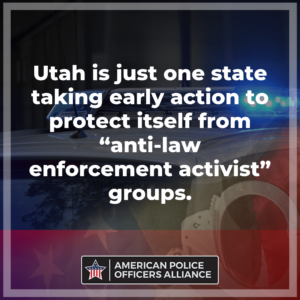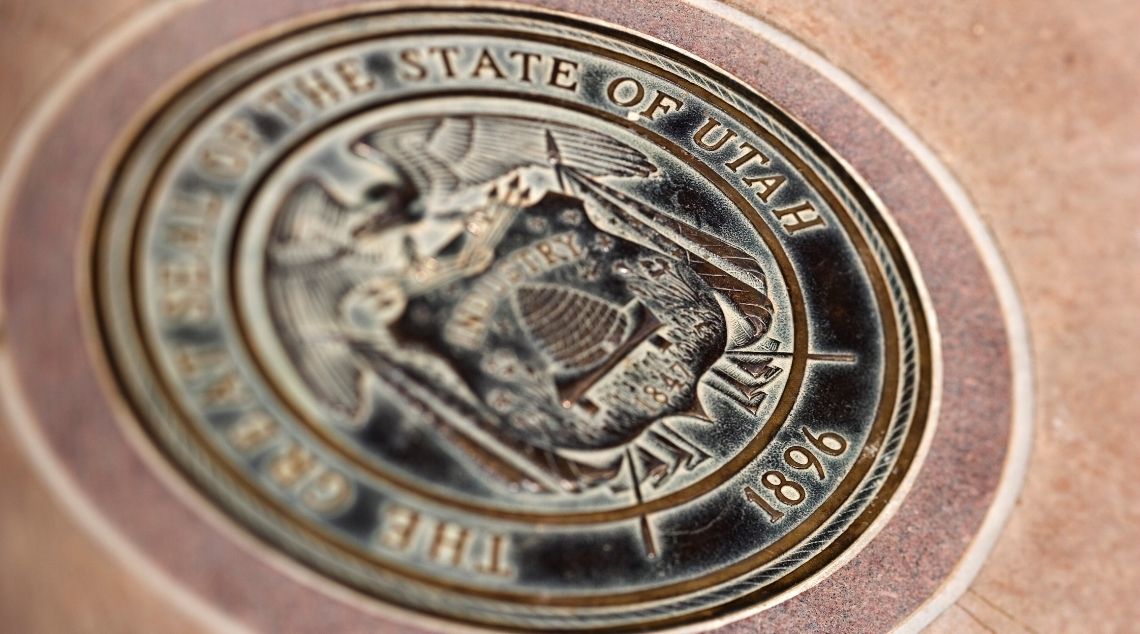Civilian oversight boards have been growing in popularity across the U.S., however, not everyone is on board with the idea. While there are currently over 200 police oversight boards across the country, one state, in particular, is taking pre-emptive action to limit the power of civilian oversight boards before this trend gets out of hand.
A civilian oversight board, also known as a police oversight board, consists of a group of people (civilians) that review and oversee police conduct. Complaints about police conduct are nothing new, but, with the growth of the 24 hour news cycle and social media, more people are taking it quite seriously which has lead to a recent increase in the creation of police/civilian oversight boards.
While some see a benefit in these boards, not everyone agrees. Utah is just one state taking early action to protect itself from “anti-law enforcement activist” groups.
A Bill to Limit the Power of Civilian Oversight Boards
Utah recently passed a bill that has banned municipalities from creating independent civilian boards that would have power over local police departments. The bill passed through Utah’s Legislature back in March.
While the bill does state that a municipality may create a civilian board, it adds the stipulation that the board would not have authority over a police chief or their policies. For example, these boards would not be able to overrule a hiring or appointment proposal made by the chief. Additionally, the boards would not have the ability to veto a new policy or strike down a current policy established by a police chief, which is one of the core functions and powers of many oversight boards across the country.

Needless to say, the bill pretty much limits a civilian board’s ability to take any necessary action during a review or investigation. However, the bill still does allow a municipality to establish a board that has authority independent of the police chief as long as the municipality appoints its members and maintains direct oversight. This allows for some regulation and acts as a compromise for both supporters and non-supporters of the bill.
Why was This Bill Brought up?
Recently, the news has highlighted more and more police misconduct situations and accusations which have caused a backlash against many police departments across the country. This change has led to an increase in anti-law enforcement groups popping up.
While no communities in Utah currently have an oversight board in place,, the bill was introduced as a way to be proactive against the growth of these anti-law enforcement groups. Non-supporters of the bill believe the action came too soon, arguing that there shouldn’t be a restriction against something that hasn’t even happened yet.
Supporters of the bill argue that anti-law enforcement groups could try to take over civilian boards as a way to be the judge, jury, and executioner while also condemning the law. They feel that these anti-law enforcement activists could create negativity towards police departments. While these supporters of the bill can recognize that it hasn’t been a problem yet, they were concerned that it could become one very soon if they didn’t take action.
A Step in the Right Direction
Although some disagree with the choice to limit the power of civilian oversight boards, supporters are hoping that the passing of the bill is a step in the right direction. While Utah hasn’t experienced a civilian oversight board being filled with anti-law enforcement activists yet, its representatives are taking a proactive approach action to ensure it doesn’t happen.









